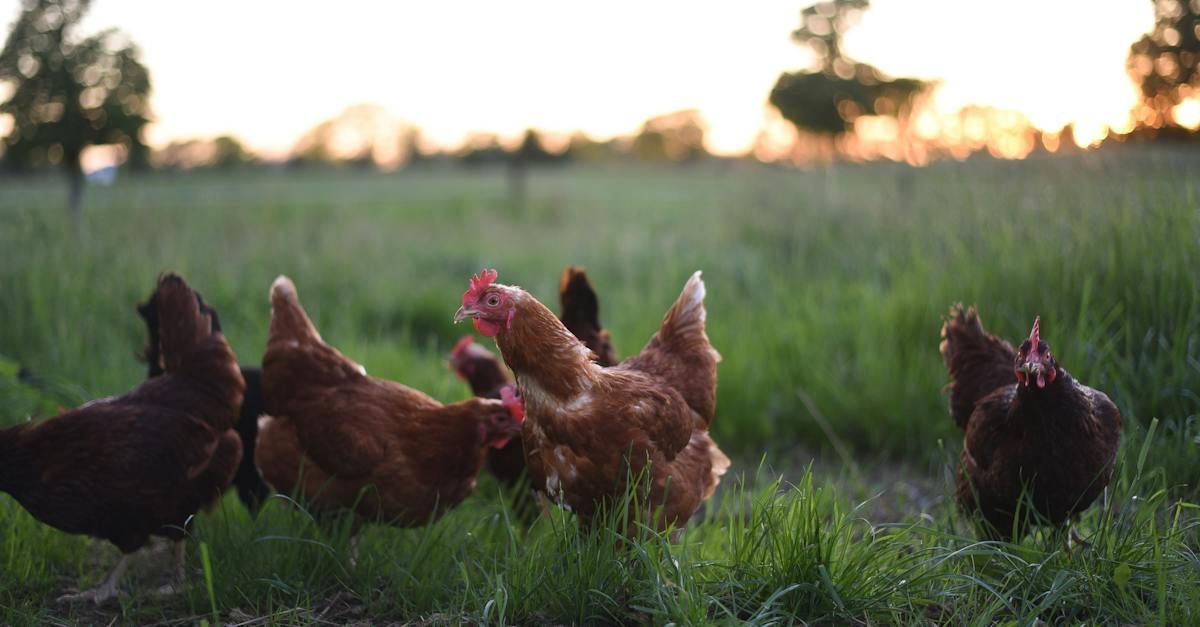The immune system-boosting power of Spirulina platensis in poultry
The international poultry industry suffers considerable losses in capital each year due to disease outbreaks despite the widespread use of vaccinations and medicines; a result of increased drug resistance among viruses, bacteria and fungi. This has prompted livestock farmers to search for a natural alternative to protect their livelihood against such disease outbreaks. One such alternative that has proven affective is the inclusion of Spirulina platensis in the diet of livestock (particularly poultry).
A study done by El-Shall et al. (2023) focused on the prolific Newcastle disease in poultry - poultry affected have between 80-100% mortality rates. It found that dietary inclusion of S. platensis exerted anit-inflammatory and antiviral effects. This significantly reduced the mortality rate, alleviating the disease and reducing weight loss in affected poultry. This strengthened response comes as a result of increases in white blood cell and killer T-cell counts - essential for fighting diseases. There is vast evidence to suggest these benefits are not limited to poultry; studies on quail, sheep and even humans show similar immune system boosting properties.
One further benefit that was found is an increased resilience to high temperatures, adverse affects such as; impaired enzymatic antioxidant systems; raised stress hormones; and altered lipid profiles were all reduced - a useful property for poultry farmers battling soaring summer temperatures and extended drought periods resulting from our changing world.
The future of long-term disease resistance and increased survivability lies in the inclusion of
Spirulina platensis
in poultry diets.


